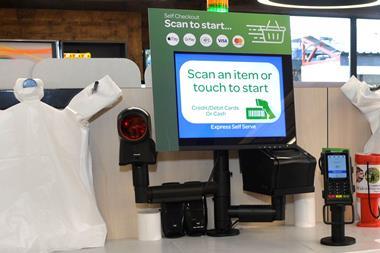I don’t like to worry you but the £5 an hour minimum wage approaches. I know this because the Department of Trade and Industry pointed it out in a recent email. The email was a reminder that the national minimum wage was to rise on October 1 to £4.50 an hour for adults and £3.80 for those aged 18-21.
The Secretary of State Patricia Hewitt, describing the fifth rise in the NMW as a milestone in preventing employers exploiting cheap labour, went on to add: “And next year, subject to economic conditions, another above-inflation increase to £4.85 will bring us in reach of the £5 minimum wage.”
So, I hope you remembered to put their wages up. Not everybody does. I know this because I have another email, same source, telling me that over £3.5m in unpaid wages from employers flouting the minimum wage was uncovered last year. Inland Revenue has teams throughout the country investigating such practices. Among those uncovered last year was a petrol forecourt operator who had inadvertently paid below the minimum wage. His worker’s contract stipulated an hourly rate of pay of less than the minimum for the shifts he worked during the week and an hourly rate of pay in excess of the minimum wage for weekend shifts. The boss believed, incorrectly, that as long as the worker’s total pay over the week averaged out to the minimum wage he was complying with the legislation. It was explained to him that where the same work was being done, the additional overtime payment did not count for minimum wage purposes. In fact the calculation assumes the lower rate for the weekend as well as the rest of the week. He had to pay £2,753 in arrears to the employee.
I guess it’s stating the obvious but any increase means you need to take a fresh look at all your costings to see where you can shave some off, and at your prices to see where you can beef some up.






























No comments yet